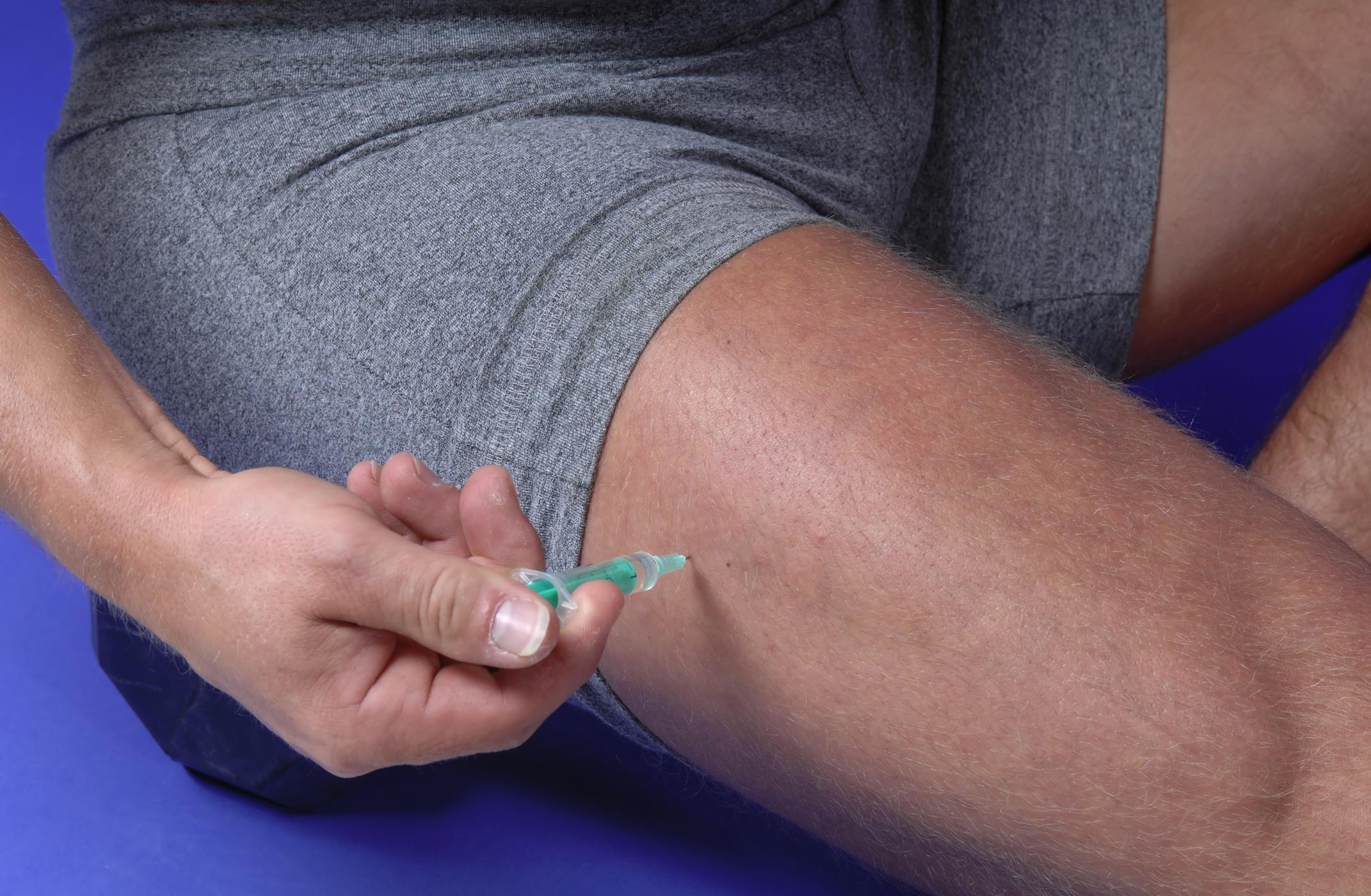Regain Energy and Vitality with Testosterone Treatment

Feeling constantly tired, unfocused, or not quite like yourself can be frustrating—especially when it starts to impact your work, mood, or relationships. For many men, these symptoms aren’t just part of “getting older.” They can be signs of low testosterone, a condition that affects energy levels, vitality, and overall quality of life.
trt pellets near me has become a popular and medically recognized option for people experiencing low testosterone (often called low T). When prescribed and monitored by a qualified healthcare professional, testosterone treatment may help restore balance and bring back the energy and vitality you’ve been missing.
In this article, we’ll break down what testosterone is, why levels can drop, how treatment works, and what benefits (and risks) you should understand before getting started.
What Is Testosterone and Why Does It Matter?
Testosterone is a hormone produced primarily in the testicles. Although it’s often associated with muscle mass and sex drive, testosterone influences a wide range of functions in the body, including:
-
Energy and stamina
-
Mood and cognitive focus
-
Metabolism and fat distribution
-
Muscle strength and bone density
-
Libido and sexual function
-
Red blood cell production
When levels drop below normal, the effects can be noticeable and disruptive.
Common Signs of Low Testosterone
Low testosterone can develop gradually, so many men dismiss the symptoms as stress or aging. Some common signs include:
-
Persistent fatigue
-
Reduced motivation
-
Low libido or sexual difficulties
-
Weight gain or decreased muscle mass
-
Mood changes such as irritability or depression
-
Trouble concentrating
-
Poor sleep quality
If these symptoms sound familiar, it may be worth discussing with a healthcare provider who can run a simple blood test to evaluate your hormone levels.
Why Testosterone Levels Decline
Testosterone naturally decreases with age, typically starting around age 30. However, several other factors can contribute:
-
Chronic stress
-
Sleep disorders
-
Certain medications
-
Obesity
-
Underlying medical conditions
-
Injury or illness affecting hormone production
Understanding the cause is an important part of determining whether testosterone therapy is a suitable option.
How Testosterone Treatment Works
Testosterone replacement therapy (TRT) aims to restore hormone levels to a healthy range. A licensed healthcare provider may offer different treatment methods, such as:
1. Injections
One of the most common methods—testosterone is administered at regular intervals.
2. Gels or Creams
Applied daily to the skin for steady absorption.
3. Patches
Worn on the skin and replaced regularly.
4. Pellets
Small implants inserted under the skin that release testosterone slowly over several months.
Your healthcare provider will help determine the best option based on your lifestyle, hormone levels, and medical history.
Benefits of Testosterone Therapy
Many individuals who undergo medically supervised testosterone treatment report improvements such as:
✔ Increased Energy and Stamina
One of the biggest benefits is reduced fatigue and a significant boost in daily energy.
✔ Enhanced Mood and Mental Clarity
Balanced hormones may support sharper focus and a more positive mood.
✔ Improved Sexual Health
Higher libido, stronger performance, and increased satisfaction are commonly reported.
✔ Greater Muscle Strength and Physical Performance
Testosterone can support muscle growth and reduce fat mass when combined with healthy lifestyle habits.
✔ Better Sleep Quality
Some individuals experience deeper, more restorative sleep.
Important Considerations and Potential Risks
While testosterone therapy may offer genuine benefits, it isn’t suitable for everyone. Potential risks or side effects may include:
-
Acne or skin irritation
-
Fluid retention
-
Changes in red blood cell count
-
Sleep apnea worsening
-
Fertility reduction
-
Prostate-related concerns
This is why it’s essential to undergo treatment only under medical supervision. A healthcare professional will perform regular blood tests and adjust treatment to ensure safety and effectiveness.
Is Testosterone Treatment Right for You?
If you’re feeling drained, unfocused, or not like yourself, low testosterone could be part of the reason. Testosterone therapy may help restore your energy and vitality—but the first step is a proper evaluation.
Speak with a licensed healthcare provider who can assess your symptoms, test your hormone levels, and guide you toward the most appropriate treatment options.
Final Thoughts
Regaining energy and vitality doesn’t have to feel out of reach. With proper medical guidance, testosterone treatment may help you feel stronger, more focused, and more energized. If you’ve been struggling with fatigue, low motivation, or other symptoms of low T, exploring your options could be a life-changing first step.
- Sports
- Art
- Causes
- Crafts
- Dance
- Drinks
- Film
- Fitness
- Food
- Jocuri
- Gardening
- Health
- Home
- Literature
- Music
- Networking
- Alte
- Party
- Shopping
- Theater
- Wellness


